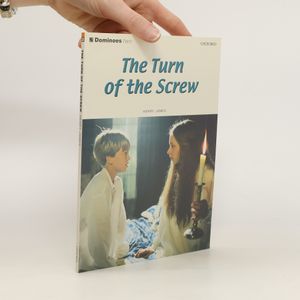Mehr zum Buch
HarperCollins is proud to present its new range of best-loved, essential classics. 'The place, with its grey sky and withered garlands, its bared spaces and scattered dead leaves, was like a theatre after the performance-all strewn with crumpled playbills.' Revered as one of the greatest ghost stories ever told, James's The Turn of the Screw is an eerie Victorian masterpiece. When an inexperienced governess goes to work at Bly, a country house in Essex to look after a young boy Miles and his sister Flora, all manner of strange events begin to occur. The governess spots a ghostly man and woman around the grounds and is told by the housekeeper that the valet and previous governess haunt the house. It soon becomes clear that the children are inexplicably connected to these ghosts in some way and the young governess struggles to protect the children, although from exactly what, she is not sure. Exploring the psychological and sexual fears of an era, this ambiguous, suspenseful and anxiety-inspiring novella remains one of Henry James's most well-known tales.
Buchkauf
The turn of the screw, Henry James
- Sprache
- Erscheinungsdatum
- 2011
- product-detail.submit-box.info.binding
- (Paperback)
Hier könnte deine Bewertung stehen.




































